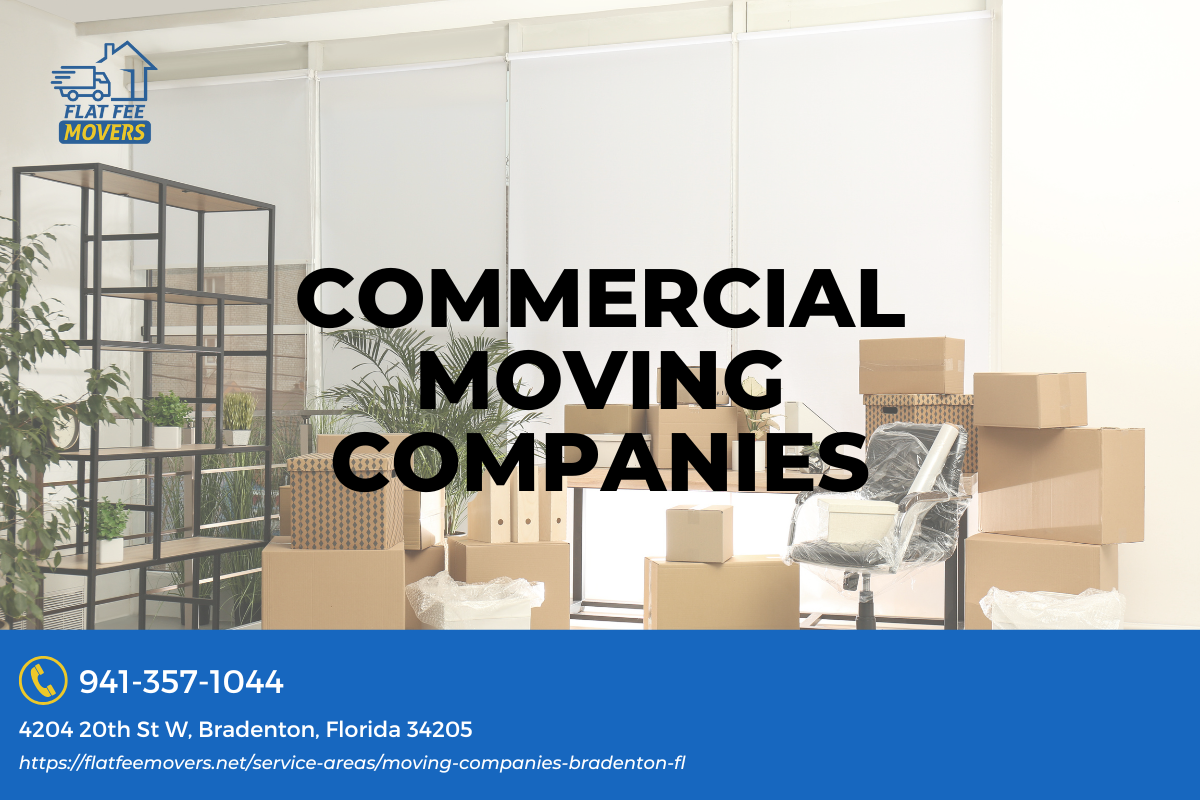
Introduction
Relocating a business is an intricate endeavor filled with challenges and complexities. Whether you are moving your office to a new location or expanding into a larger space, ensuring minimal disruption during your business relocation is essential for maintaining continuity and operational efficiency. In this comprehensive guide, we will explore various strategies, expert tips, and the role of commercial moving companies in facilitating a smooth transition.
How to Ensure Minimal Disruption During Your Business Relocation
When planning a business relocation, one of the foremost concerns is often the potential disruption to daily operations. An effective strategy should encompass meticulous planning, coordination, and execution. Here’s how to ensure minimal disruption during your business relocation:
1. Create a Detailed Relocation Plan
A well-structured relocation plan serves as the cornerstone of a successful move. Begin by identifying key stakeholders within your organization and assembling a dedicated moving team.
1.1 Assess Your Current Needs
Before you can develop an effective relocation plan, it’s vital to assess your current needs. Evaluate what aspects of your current office setup are essential and which can be improved in the new location.
1.2 Set Realistic Timelines
Establishing https://telegra.ph/The-Role-of-Asset-Management-in-Commercial-Relocations-01-09 realistic timelines for each phase of the relocation will help manage expectations among employees and stakeholders alike.
1.3 Budgeting for the Move
Create a detailed budget that includes costs associated with hiring commercial movers, equipment purchases, and any necessary renovations in the new space.
2. Engage Professional Commercial Moving Companies
Hiring professional commercial moving companies can significantly ease the logistical burdens associated with relocating your business.
2.1 Research Local Commercial Moving Companies
In areas like Bradenton, there are several reputable commercial moving companies available. Conduct thorough research to find movers who specialize in office relocations.
2.2 Check Reviews and References
Always check reviews from previous clients to gauge reliability and service quality before committing to any commercial movers.
3. Communicate Effectively with Employees
Transparent communication is crucial throughout the relocation process.
3.1 Inform Employees Early On
Notify employees about the impending move as early as possible to eliminate anxiety and encourage cooperation.
3.2 Provide Ongoing Updates
Keep everyone informed about progress through regular updates via email or team meetings.
4. Develop an Inventory System
An organized inventory system can streamline packing and unpacking processes while ensuring nothing goes missing during the move.
4.1 Catalog Office Equipment and Supplies
Create a detailed list of all office equipment and supplies that need to be moved or replaced.
4.2 Label Everything Clearly
Use clear labeling on boxes and furniture items so that they can be easily identified at the new location.
5. Schedule Moving Days Wisely
Determining when to schedule your move is crucial in minimizing disruption.
5.1 Choose Off-Peak Hours
Consider scheduling your move during weekends or after hours when fewer employees are present in the office.
5.2 Plan for Downtime with Clients
Inform clients about potential downtime well in advance so that they can adjust their expectations accordingly.
6. Prepare for Technology Relocation
Technology is often at the heart of any business operation; thus, it must be handled carefully during relocation.
6.1 Coordinate with IT Specialists
Engage IT specialists early in the planning process to assist with disconnecting and reconnecting technology systems seamlessly.
6.2 Backup Important Data
Before commencing any packing, ensure all critical data is backed up securely to prevent loss during transportation.
7. Notify Vendors and Service Providers
Maintaining relationships with vendors is key during a transition period.
7.1 Provide Advance Notice
Inform vendors about your relocation plans well ahead of time so they can adjust deliveries accordingly.
FAQs
Q1: How long does it typically take for commercial movers to relocate a business?
A: The duration varies depending on factors such as size, distance, complexity of equipment, but it usually takes anywhere from one day to several weeks for complete relocation.
Q2: What should I look for when choosing commercial moving companies?
A: Look for experience in office moves, positive customer reviews, appropriate licensing and insurance, transparent pricing structures, and specialized services like packing assistance or storage options.
Q3: Can I pack my own office supplies?
A: Yes! However, it's advisable to label everything clearly if you choose this route—especially sensitive documents or fragile items—to facilitate easy unpacking later on.
Q4: Will hiring professional office movers save me money?
A: While there may be an upfront cost associated with hiring professionals, it often leads to savings by preventing damage during transport while reducing downtime due to efficient handling practices by trained personnel.
Q5: How do I minimize employee stress during our move?
A: Maintain open lines of communication throughout; provide reassurances regarding job security post-move; offer resources for change management if necessary; involve them in planning where feasible!
Q6: What happens if something gets damaged during my move?
A: Reputable commercial moving companies typically carry insurance that covers damages incurred during transport; however always clarify these policies before signing contracts!
Conclusion
Ensuring minimal disruption during your business relocation is no small feat but can be achieved through careful planning and execution backed by professional assistance from experienced commercial moving companies like those found in Bradenton or elsewhere around Florida! By following the guidelines laid out in this article—such as creating detailed plans ahead of time involving staff members & suppliers alike—you’ll set yourself up not only for success today but also foster goodwill among employees who appreciate being kept informed every step along their journey toward settling into new digs!
By adopting these proactive measures coupled together with requisite professional support where needed means you're well-equipped towards achieving seamless transitions whilst minimizing interruptions along way—creating productive environments both pre/post-relocation periods alike!